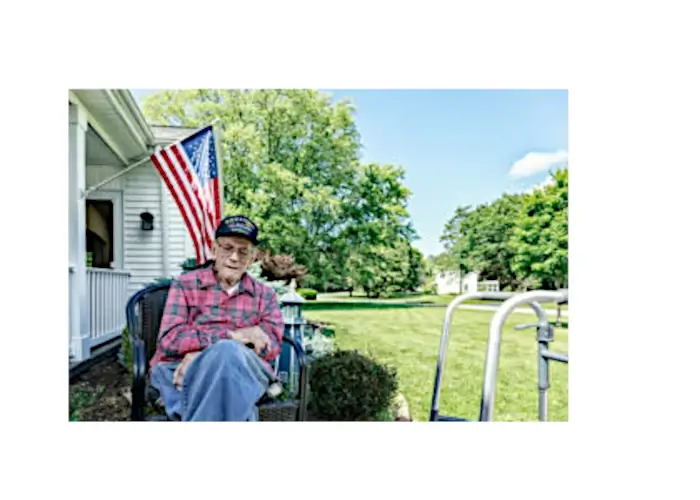Veterans and Lung Cancer: Urgent Risks and Finding Support

Honoring Service: Exploring the Link Between Veterans and Lung Cancer
For many veterans, the journey doesn't end with their service; it often includes facing health challenges long after they've returned home. Among these challenges is the heightened risk of developing lung cancer due to various factors encountered during military service. From exposure to toxins like asbestos and Agent Orange to the prevalence of smoking within the military culture, vets face unique risks that can contribute to the development of lung cancer. Understanding these risks is crucial in empowering veterans and their families to take proactive steps towards prevention and early detection.
Moreover, vets may also face challenges in accessing timely and quality healthcare, exacerbating the impact of health issues such as lung cancer. This underscores the importance of advocating for improved healthcare services and resources tailored to the needs of the ex-service member. Additionally, raising awareness about the prevalence of this disease among vets can help reduce stigma and encourage open discussions about prevention and treatment options within the military community. By addressing these issues comprehensively, we can better support them in their journey towards optimal health and well-being.
Navigating Challenges: Supporting Veterans Affected by Lung Cancer
For retired service members diagnosed with this disease, the road ahead can be daunting, filled with medical, emotional, and financial challenges. It's essential for them to know that they're not alone in this journey. Organizations like the Lung Cancer Group provide invaluable resources and support tailored specifically to vets facing this diagnosis. From educational materials on treatment options to assistance with navigating healthcare systems and accessing financial aid, these organizations offer a lifeline of support to them and their loved ones, helping them navigate the complexities of this disease with dignity and resilience.
Furthermore, they may also benefit from connecting with peer support groups where they can share experiences, seek advice, and find camaraderie with others who understand their unique challenges. Additionally, advocating for policies that improve access to cutting-edge treatments and clinical trials for vets with this disease is essential for advancing research and enhancing outcomes. By fostering collaboration between healthcare providers, advocacy organizations, and government agencies, we can ensure that vets receive the comprehensive care and support they deserve on their journey with this disease.
Honor, Hope, and Healing: The Path Forward for Veterans with Lung Cancer
While this diagnosis can be overwhelming, there is hope on the horizon. Vets have demonstrated incredible resilience in the face of adversity, and this strength can serve as a beacon of hope throughout their cancer journey. By accessing the support and resources available through organizations like the Lung Cancer Group, vets can embark on a path toward healing and restoration. Through education, advocacy, and community, those affected by the disease can reclaim their sense of agency and honor their service by prioritizing their health and well-being.
Many support networks exist to provide guidance, encouragement, and practical assistance to navigate the challenges of treatment and recovery. With determination and support, individuals can find strength and resilience to face their diagnosis with courage and hope, empowering them to live life to the fullest despite the obstacles they may encounter.

